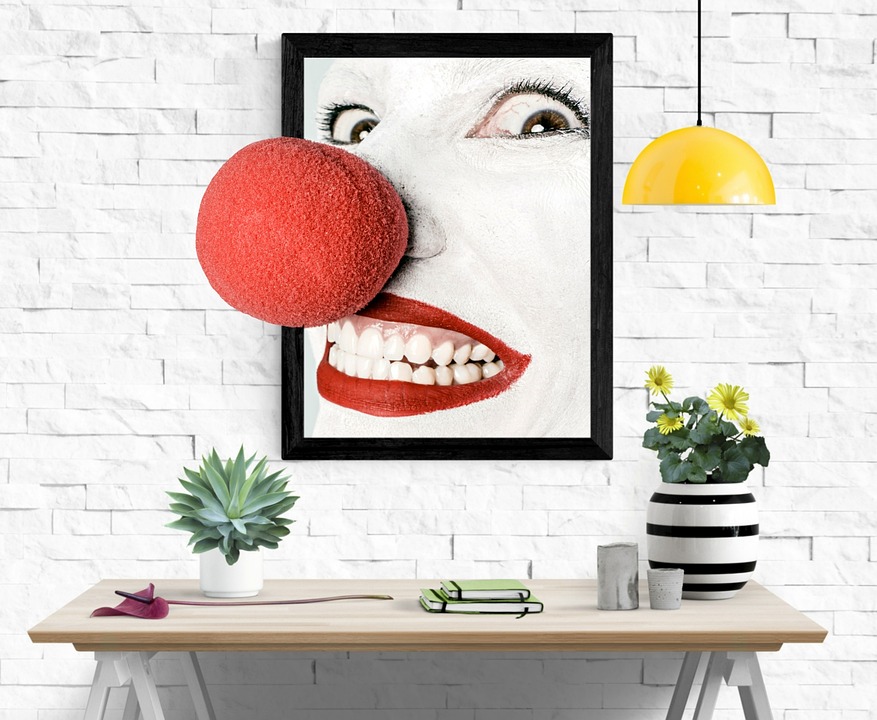
Comedians have long played a vital role in society by addressing controversial and taboo topics through humor. Their ability to challenge societal norms and spark conversations about sensitive issues reflects the profound impact of comedy on cultural discourse. This report delves into the various strategies comedians use to navigate taboo subjects while balancing humor and sensitivity.
The Essence of Taboo Comedy
Taboo comedy, often defined by its willingness to address topics considered off-limits or uncomfortable, thrives on pushing boundaries. This genre utilizes humor to confront the unspoken and invites audiences to grapple with their own biases and preconceptions. Rather than shying away from sensitive themes, comedians engage with them directly, employing satire and irony as tools to provoke thought while eliciting laughter. By using humor as a release for pent-up psychological tension, comedians can address taboo subjects in ways that provide catharsis for both themselves and their audiences[2][5].
Historical Context and Evolution
The roots of taboo comedy can be traced back to the ribald humor of burlesque shows and vaudeville acts, where explicit language and sexual innuendo were common. Comedians like Lenny Bruce and George Carlin pushed the genre forward, fearlessly addressing societal taboos and challenging censorship laws with their routines[1]. Bruce's controversial performances and Carlin's infamous 'Seven Words You Can Never Say on Television' sparked debates around freedom of expression, showcasing how humor could be used as a vehicle for societal critique[1][4].
As societal norms have evolved, so too has the approach comedians take when addressing sensitive topics. Contemporary comedians leverage their platforms to tackle complex issues related to race, gender, sexuality, and politics, often blending humor with social commentary to highlight societal injustices[5][7]. For instance, Dave Chappelle has been known for his audacious exploration of race and social issues, prompting reflections on uncomfortable truths in a palatable form[5][8].
Techniques for Addressing Sensitive Topics
Comedians employ various techniques when tackling taboo subjects to ensure that their humor resonates without crossing ethical boundaries.
Satire and Social Commentary
One of the primary tools used in taboo comedy is satire, which critiques societal norms through exaggerated or ironic portrayals. This approach allows comedians to address contentious topics, such as politics and religion, while engaging audiences critically[6][9]. Comedians like Ricky Gervais and Amy Schumer utilize satire to challenge conventional attitudes, prompting discussions surrounding issues like gender roles and societal expectations[9]. Such humor invites audiences to reassess their preconceived notions while maintaining an entertaining experience.
Personal Narratives and Relatability
Many comedians opt to weave personal experiences into their routines when discussing sensitive topics. For example, Daniel Sloss's comedic show 'Dark' explores the deeply personal tragedy of losing a sibling while intertwining humor with his journey of grief. By sharing personal hardships, he fosters a sense of connection with the audience, allowing people who have faced similar struggles to find relief through laughter[2]. Similarly, performers like Sarah Millican openly discuss relational and body image issues, using relatable humor to empower audiences facing similar challenges[2][4].
Balancing Humor with Sensitivity
Successful taboo comedy often hinges on the comedian's ability to balance humor with a sensitivity to the subject matter. Many comedians navigate this challenge by ensuring that their punchlines promote inclusivity rather than exclusion. For instance, comedians are sometimes advised to 'punch up' rather than 'punch down,' targeting those in power rather than marginalized groups[8]. This approach helps mitigate potential backlash and ensures that the jokes foster meaningful dialogue rather than perpetuating harmful stereotypes.
Engaging with Audience Reactions
Today’s comedians must also consider audience reactions carefully. The rise of social media has amplified the potential for backlash against controversial material, making it essential for comedians to gauge audience sensibilities[5][8]. Audiences play a significant role in shaping comedic narratives; comedians often adjust their acts based on the collective feedback from their viewers, adapting to evolving social attitudes and cultural dialogues[4][8]. This responsiveness underscores that while comedians wield the power of humor, the ultimate acceptance of their material rests with their audience.
The Impact of Taboo Comedy on Society

The impact of taboo comedy extends beyond mere entertainment; it fosters critical conversations around sensitive issues. Comedy serves as a mirror reflecting societal challenges and encouraging discourse on uncomfortable subjects. By addressing topics such as mental health, discrimination, and societal inequalities through humor, comedians can make these issues more accessible to wider audiences, prompting introspection and understanding[7][9]. Ultimately, the role of comedy in society can be seen as a powerful catalyst for change, expanding the boundaries of acceptable discourse and encouraging audiences to engage with challenging topics in new ways[1][7].
Conclusion

Comedians tackle taboo subjects by embracing humor as a powerful means of engaging with sensitive themes. Through satire, personal narratives, and an awareness of audience reactions, they navigate the complexities of modern societal norms while provoking thought and discussion. As the landscape of comedy continues to evolve, so does its potential to challenge societal conventions and contribute to meaningful dialogues on pressing issues. By navigating the fine line between humor and sensitivity, comedians not only entertain but also enlighten, teaching us to confront our biases while promoting empathy and understanding within society.
Get more accurate answers with Super Pandi, upload files, personalized discovery feed, save searches and contribute to the PandiPedia.
Let's look at alternatives:
- Modify the query.
- Start a new thread.
- Remove sources (if manually added).